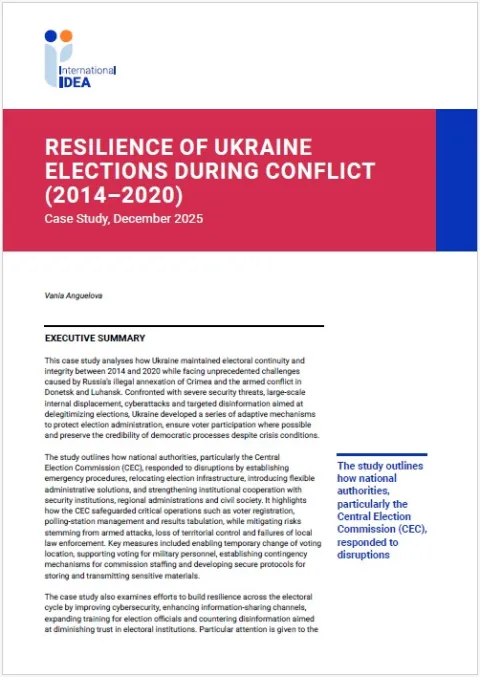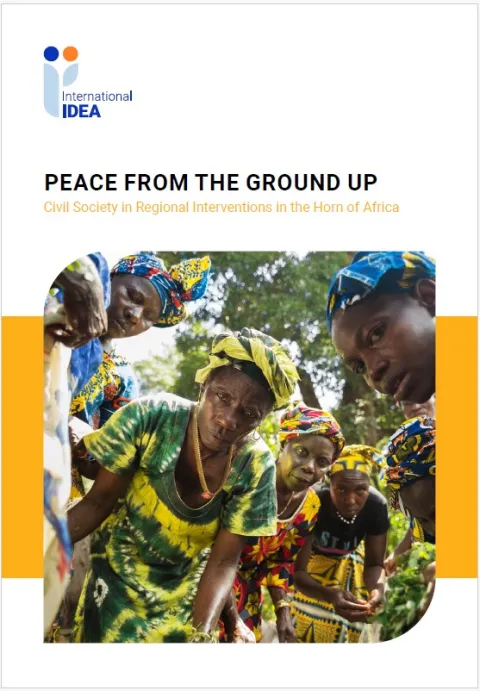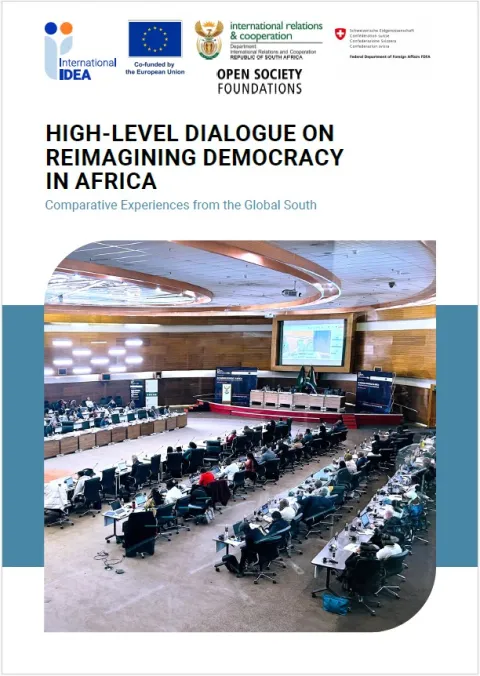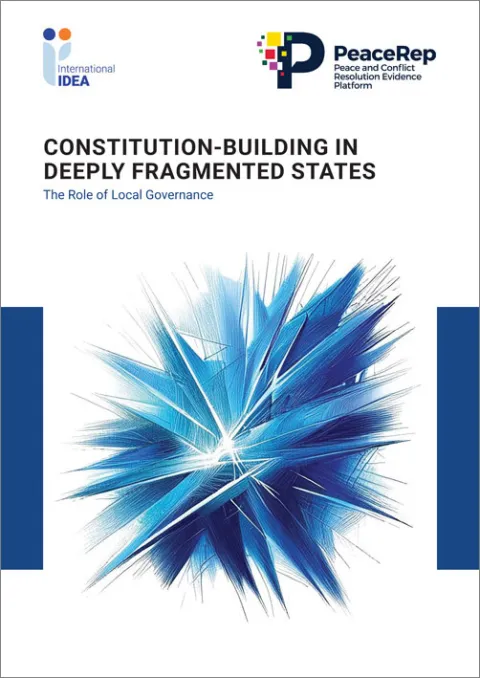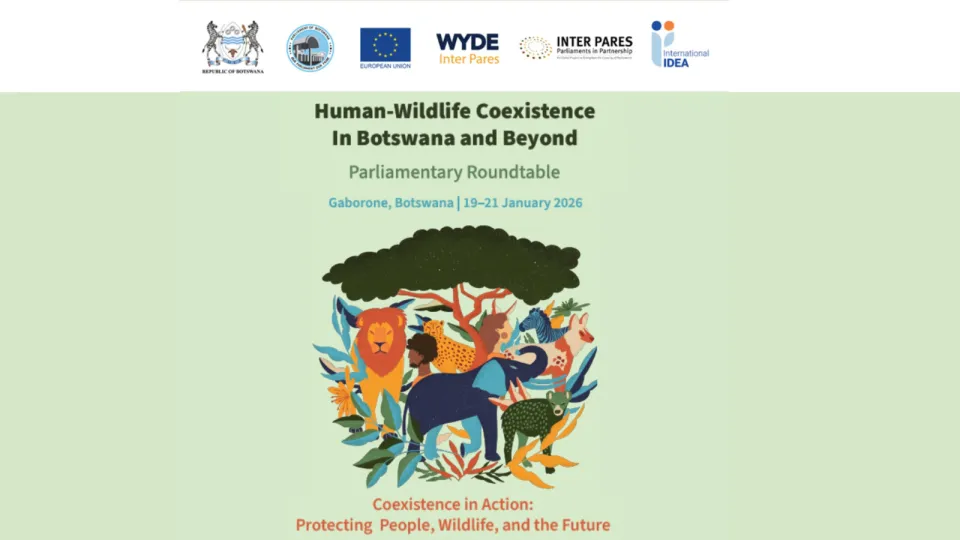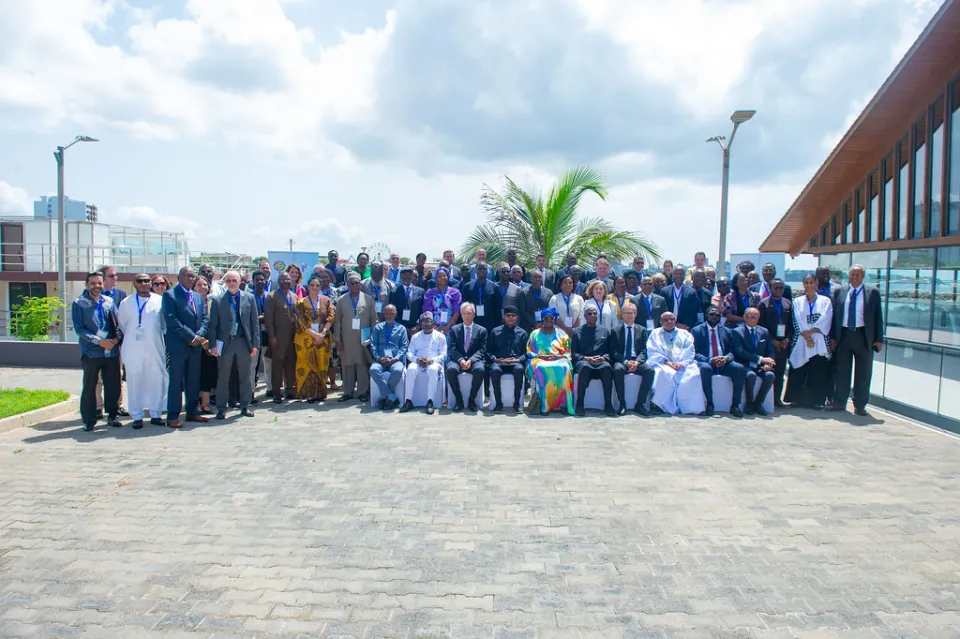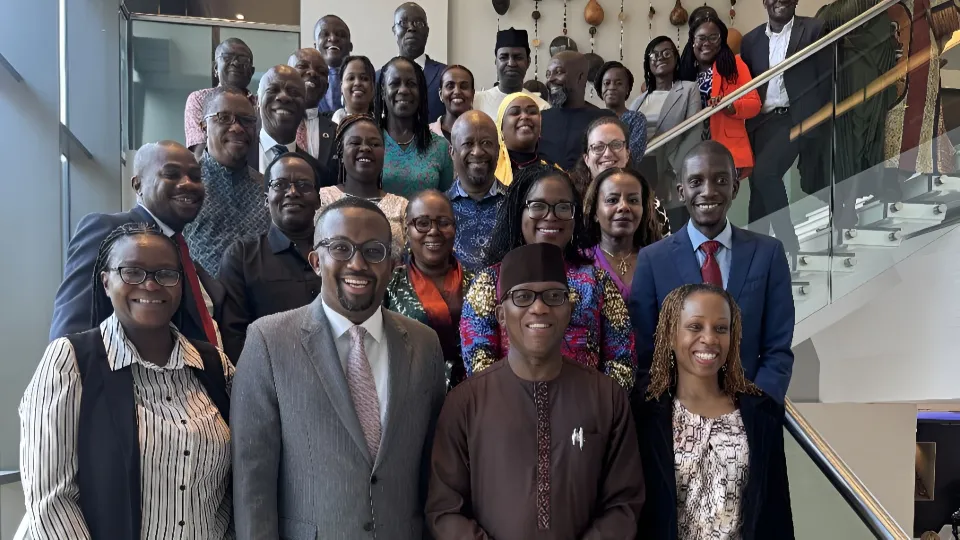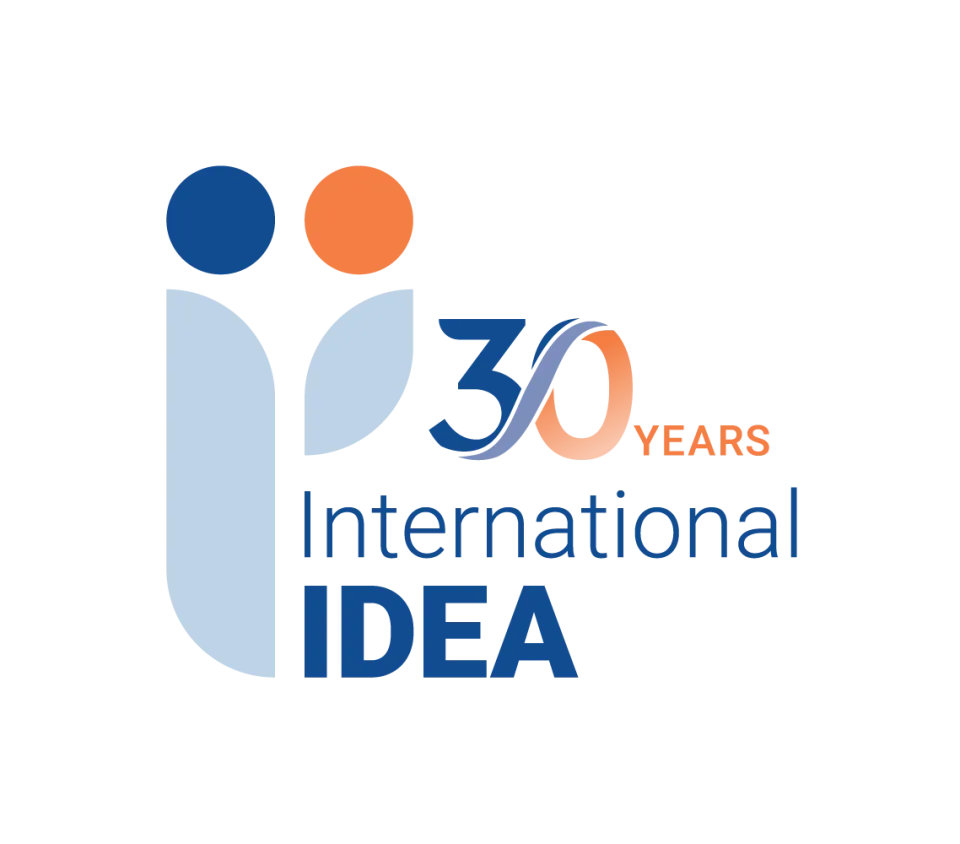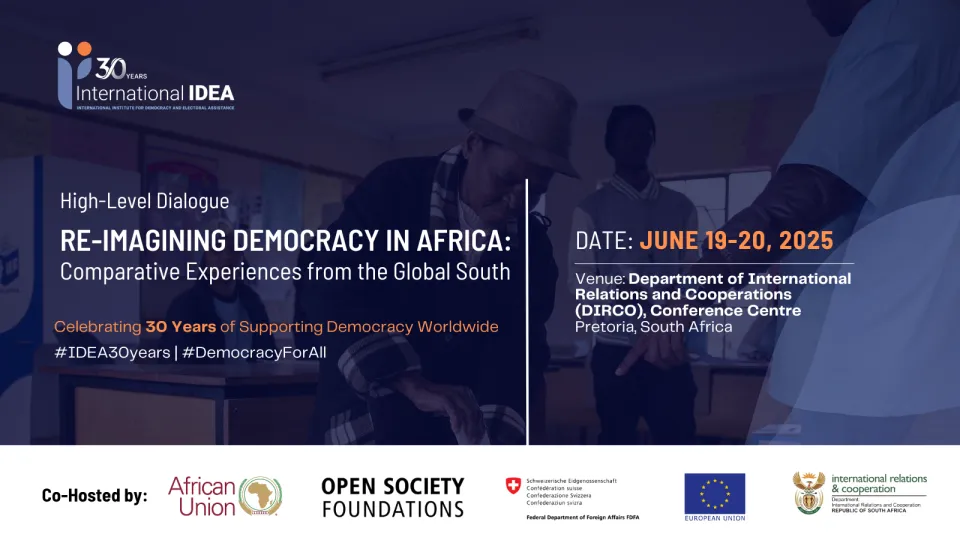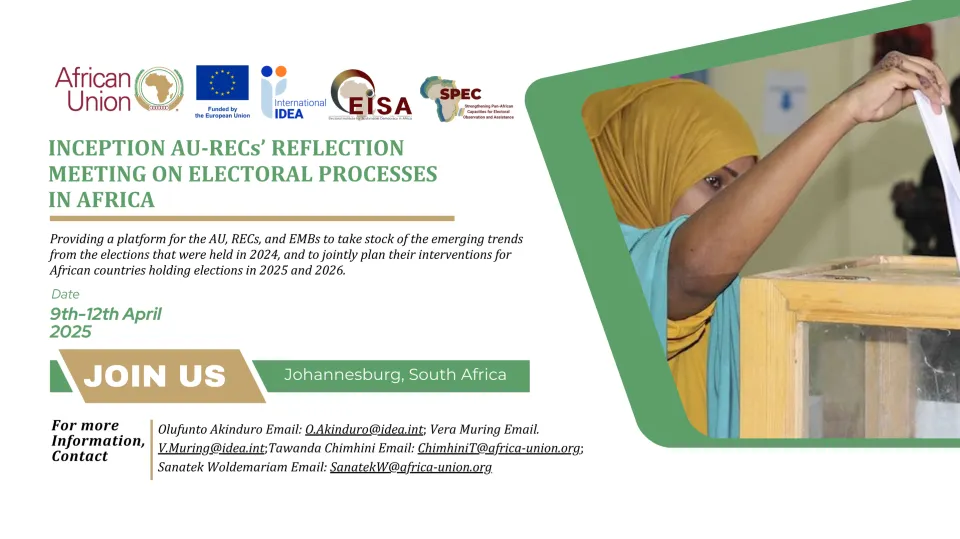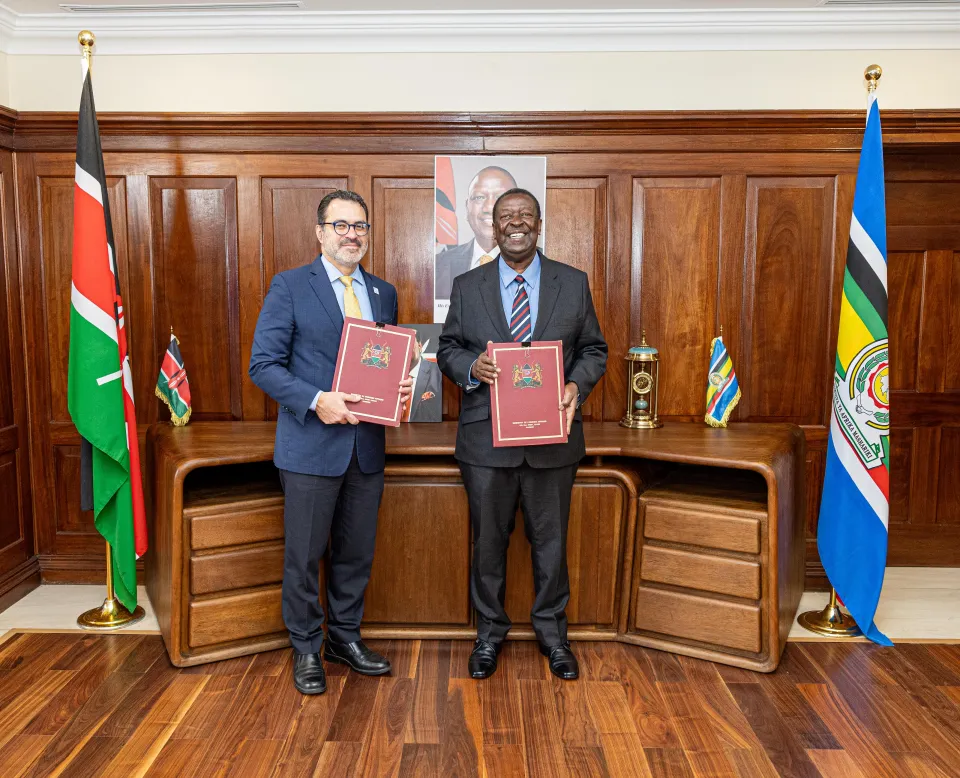The Role of Parliaments in the National Reconciliation Process in Africa
Reconciliation is highly complex process that involves many different issues, stages and actors.
There is no ‘one-size-fits’ all success model, nor a quick-fix solution. It is also a time-consuming process, which, as several seminar participants and the seminar noted, affects the lives of several generations. A long-term approach to promoting reconciliation is thus essential.
In November 2005, International IDEA, the Inter-Parliamentary Union and the Parliament of Burundi organized a seminar held in Bujumbura on the role of parliamentarians in national reconciliation processes in Africa.
The seminar sparked a lively dialogue between African parliamentarians on the topic, and fostered a better understanding of the role of parliaments in seeing through a reconciliation process and identifying priorities and pitfalls along the way.
Details
Contents
Foreword
Programme of the seminar
Summary and recommendations presented by the Rapporteur of the seminar
Inaugural session
Thematic sessions
1. The need to address the scars of the past Parliament in the aftermath of conflict
2. Women and gender in post-conflict situations
3. Truth and Reconciliation Commissions
4. Trials
5. Justice versus amnesty
6. Reparations
7. Institutional reforms
8. International initiatives in support of reconciliation
Concluding session
List of participants
Give us feedback
Do you have a question or feedback about this publication? Leave us your feedback, and we’ll get back to you
Send feedbackThe Role of Parliaments in the National Reconciliation Process in Africa
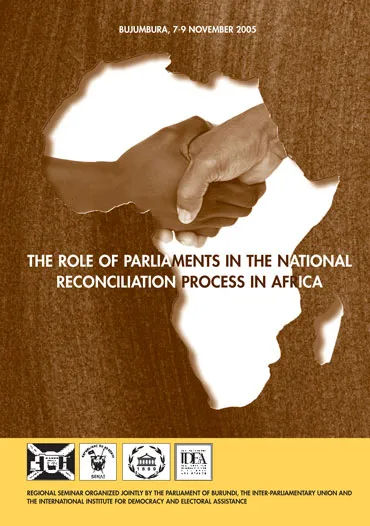
| Total views | 4916 |
|---|---|
| Downloads | 9 |
| Rating |
Give us feedback
Do you have a question or feedback about this publication? Leave us your feedback, and we’ll get back to you
Send feedback